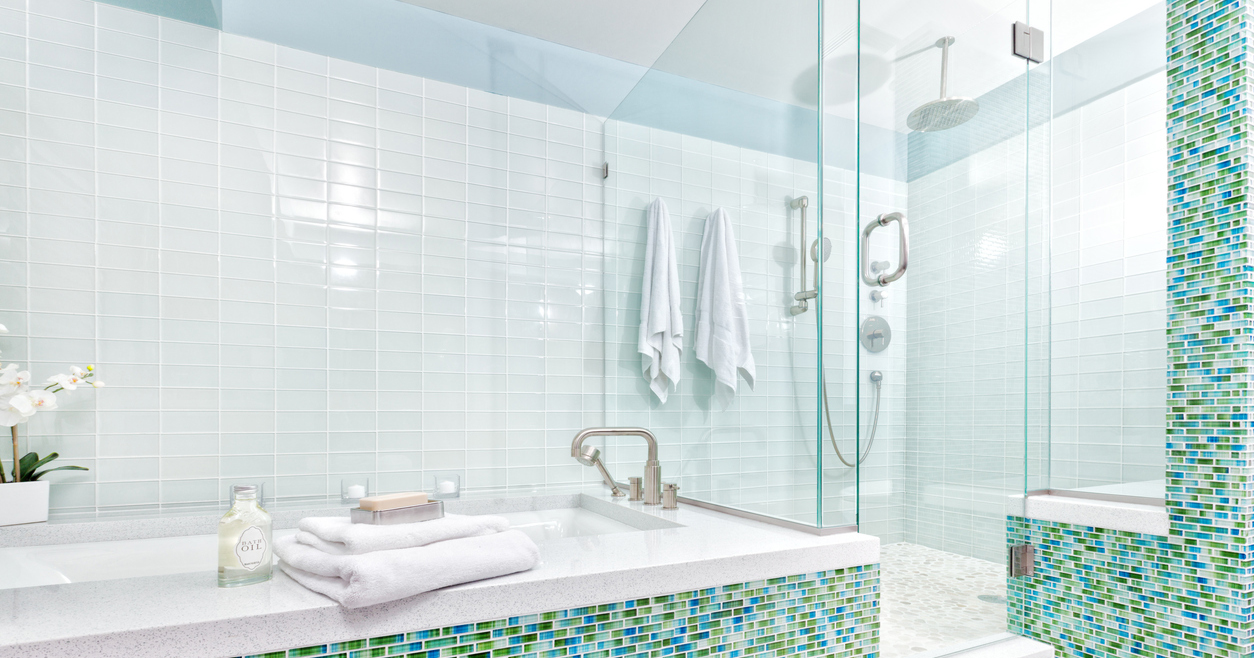Quick Plumbing Inspection
No one wants to waste water or money. For that reason, take a few minutes every other month to do the following inspections:
- Check to see if cutoff valves on sinks and toilets are working properly.
Many times, builders will put individual cutoffs on supply lines to sinks and toilets. It is reasonable to expect them to work but after some time, they can corrode which prevents opening and closing. It is a good idea to test them occasionally before you need them in an emergency. - Fill each sink with a few inches of water to see if they drain in what you feel is a normal time.
A slow-draining sink can be an indication of a clog that builds up around the insides of the pipe. Common causes are food, grease, hair and soap scum. Plunging can take care of some slow-running sinks. After partially filling the sink with water, seal the plunger over the drain and pump it up and down a few times. - Inspect each toilet to see if they are leaking water from the tank into the bowl.
Toilets that continue to run after being flushed can use a large amount of water in a month's time. Generally, the problem comes from a flapper that doesn't seat properly. Sometimes, the chain is keeping it from closing properly or the flapper itself may need to be replaced.
Another issue could be that the flush valve needs to be replaced. These can be purchased at Lowe's or Home Depot for about $20.00 and are relatively easy to change out. There are lots of instructional videos on the internet and it can save money if you give it a try.
If you need a recommendation for a good plumber to take care of something you discover, please feel free to call me at (859) 486-3300.
 There is much more than a lower rate and payment to determine whether to refinance a mortgage. Lenders try to make refinancing as attractive as possible by rolling the closing costs into the new mortgage so there isn't any out of pocket cash required.
There is much more than a lower rate and payment to determine whether to refinance a mortgage. Lenders try to make refinancing as attractive as possible by rolling the closing costs into the new mortgage so there isn't any out of pocket cash required.
 It’s understandable; you’re excited; you’ve found the right home, negotiated a contract, made a loan application and inspections. Closing is not that far away, and you are making plans to move and p
It’s understandable; you’re excited; you’ve found the right home, negotiated a contract, made a loan application and inspections. Closing is not that far away, and you are making plans to move and p Mortgage rates have risen 0.5% in 2018 on 30-year and 15-year fixed rate mortgages and experts expect them to continue to increase. Buyers paying attention to the market understand the relationship that inventory has on pricing; when the supply is low, the price usually goes up. Rising interest rates can affect the cost of homes also.
Mortgage rates have risen 0.5% in 2018 on 30-year and 15-year fixed rate mortgages and experts expect them to continue to increase. Buyers paying attention to the market understand the relationship that inventory has on pricing; when the supply is low, the price usually goes up. Rising interest rates can affect the cost of homes also. 



